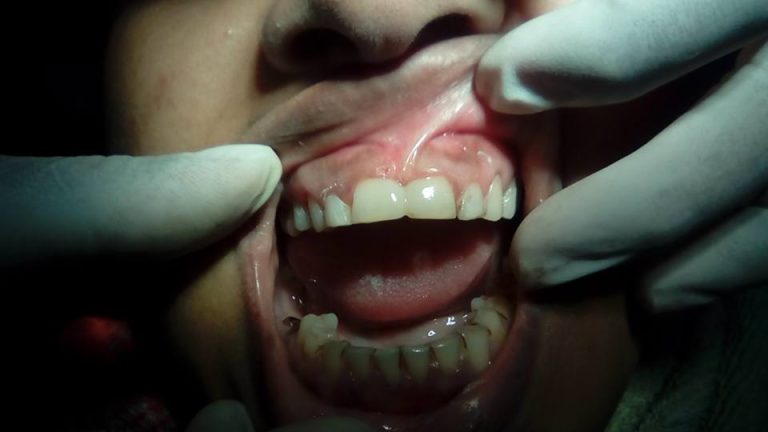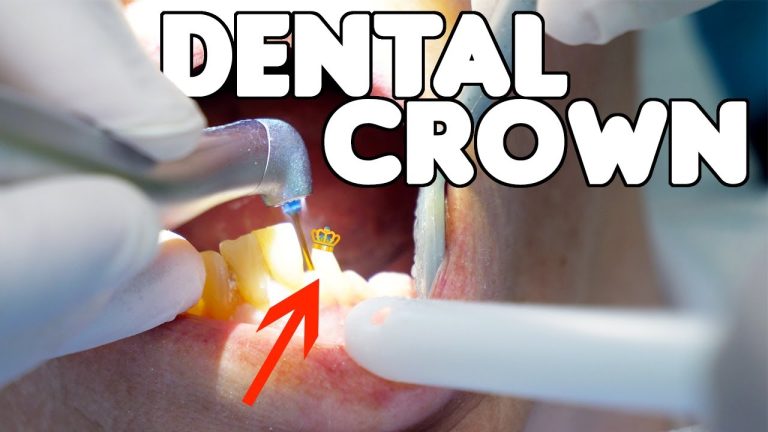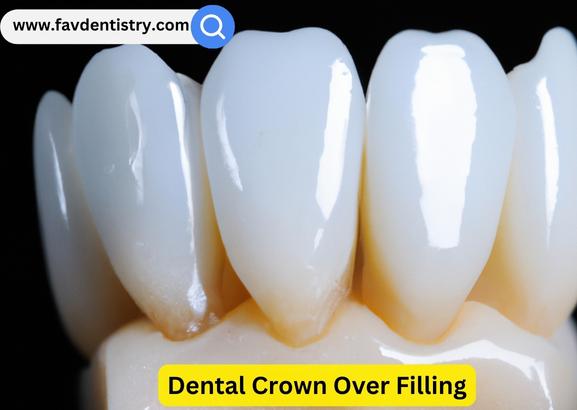Last Updated on 3 weeks by DR. ALBIN SIPES
When you need a dental crown, your dentist will usually recommend that you use a type of cement called zinc phosphate. This is because it provides a strong bond between the tooth and the crown. However, there are other types of cement that can be used for this purpose.
They are also one of the most important, as they help to protect your teeth from further damage. While crowns are typically made from porcelain or ceramic, sometimes your dentist may recommend using dental cement instead.
Dental cement is a type of resin that can be used to hold crowns in place. It is strong and durable, making it an ideal option for those who have had previous crowns fall out or become loose. Additionally, dental cement can help to improve the fit of your crown, making it more comfortable and less likely to shift.
If you are considering having a crown placed, be sure to ask your dentist if dental cement is an option for you.

Credit: dentalblog.3m.com
Types Of Cement for Crowns?
Cement is a material that is used to hold dental crowns in place. There are different types of cement, and the type that is used depends on the situation. The most common type of cement is resin-based cement, which is strong and durable.
However, if you have allergies to certain materials, your dentist may use a different type of cement.
Can I Cement My Own Crown?
No, you cannot cement your own crown. A professional dentist or oral surgeon must do it for you. The process of cementing a dental crown involves first preparing the tooth by removing any decay and then shaping the tooth so that the crown can fit over it.
Once the tooth is prepared, the dentist will place the crown over it and then use a special dental cement to secure it in place. If you try to do this yourself, you run the risk of not only damaging your tooth but also injuring yourself.
Best Cement For a Crown?
Crowns are also one of the most expensive and can range from $500 to $3,000 per tooth. The type of cement used on a crown can make a big difference in the price.
There are three types of cement: resin-based, glass ionomer, and zirconia. Resin-based cement is the most expensive and is typically used on porcelain or ceramic crowns. Glass ionomer cement is less expensive and is typically used on metal crowns.
Zirconia cement is the least expensive and is typically used on stainless steel crowns.
What is the duration for which dental cement can keep a crown in place?
A crown is a dental restoration that covers the entire surface of a tooth. It is necessary when the tooth has been damaged by decay or injury and can no longer support a filling. A crown strengthens and protects the tooth, and can also improve its appearance.
Dental cement is used to secure the crown in place. The type of cement used will depend on the material of the crown and where it is placed in the mouth. There are three main types of dental cement:
Zinc oxide eugenol cement: This type of cement has good adhesion to metal surfaces and is often used for temporary crowns. It does not set well in wet conditions, so it is not ideal for use in areas of high moisture levels such as the back teeth (molars).
Resin-modified glass ionomer cement: This type of cement sets more quickly than zinc oxide eugenol cement and has good adhesion to both metal and ceramic surfaces.
It is often used for permanent crowns, especially on back teeth.
Polycarboxylate cement: This type of cement sets very quickly and has excellent adhesion to ceramic surfaces. It is often used for bonded bridges or veneers but can also be used for permanent crowns.
Crown Cementation Using PermaFlo DC
Best Permanent Dental Cement for Crowns
If you’re looking for the best permanent dental cement for crowns, you’ll want to consider two main factors: strength and durability. There are many different types of dental cement on the market, so it’s important to choose one that will be strong enough to hold your crown in place while also being durable enough to withstand the daily wear and tear of eating and drinking. One popular type of dental cement is polyester resin, which is known for its high strength and durability.
This type of cement is often used in cases where a very strong bond is needed, such as when attaching a metal crown to the tooth. However, the polyester resin can be difficult to remove if you ever need to replace or repair your crown. Another option is glass ionomer cement, which is less strong but more easily removed than polyester resin.
This type of cement is often used in cases where a less permanent bond is needed, such as when attaching a porcelain crown. Glass ionomer cement can also be used to fill cavities and seal exposed root surfaces. No matter which type of dental cement you choose, make sure you follow your dentist’s instructions carefully in order to ensure a successful bonding process.
Permanent Dental Cement for Crowns
When you have a tooth that needs a crown, your dentist will usually use permanent dental cement to hold the new crown in place. This type of cement is different from the temporary cement used to hold a tooth in place while the permanent crown is being made. Permanent dental cement is much stronger and more durable, so it can last for many years.
There are two main types of permanent dental cement: zinc phosphate and resin-modified glass ionomer (RMGI). Zinc phosphate cement has been used for many years and is still widely available. They are strong and reliable but can be difficult to remove if you ever need to get your crown redone.
RMGI cement is newer and becoming more popular because they are easier to remove and doesn’t require as much preparation before use. No matter which type of cement your dentist uses, the process of placing a crown with permanent dental cement is similar. First, the tooth is prepared by removing any decay or old fillings.
Then, an impression is made of the tooth so that the new crown can be custom-made to fit perfectly. Once the new crown arrives back from the lab, it’s time to put it in place using permanent dental cement. Your dentist will first clean off any old temporary cement from your tooth before putting on a layer of primer that helps the new cement bond to your tooth better.
Next, a small amount of permanent dental cement is placed into the Crown itself before being seated onto your prepared tooth surface. Once in place, excess material is removed and you bite down on some gauze to help set things into place while the material hardens up completely; this usually takes just a few minutes total!
Dental Cement for Crowns With Posts
When it comes to dental cement, there are a few different types that can be used for crowns with posts. The type of cement you use will depend on the material of the post, as well as the type of crown. Here is a breakdown of some of the most common types of dental cement and when they should be used:
Zinc Oxide Eugenol Cement: This type of cement is typically used for stainless steel or cast metal posts. It provides a strong bond and is relatively easy to use.
Resin-Modified Glass Ionomer Cement: This type of cement is often used for titanium posts or when bonding to porcelain crowns.
It provides a strong bond and is easier to use than zinc oxide eugenol cement.
Polycarboxylate Cement: This type of cement is typically used for ceramic or composite resin crowns. It has a lower risk of staining the tooth and provides a strong bond.
Conclusion
A lot of people are wondering if dental cement is a good option for crowns. The answer is yes! Dental cement can be used for both temporary and permanent crowns.
It is a strong and durable material that will hold up well to chewing and other forces.





